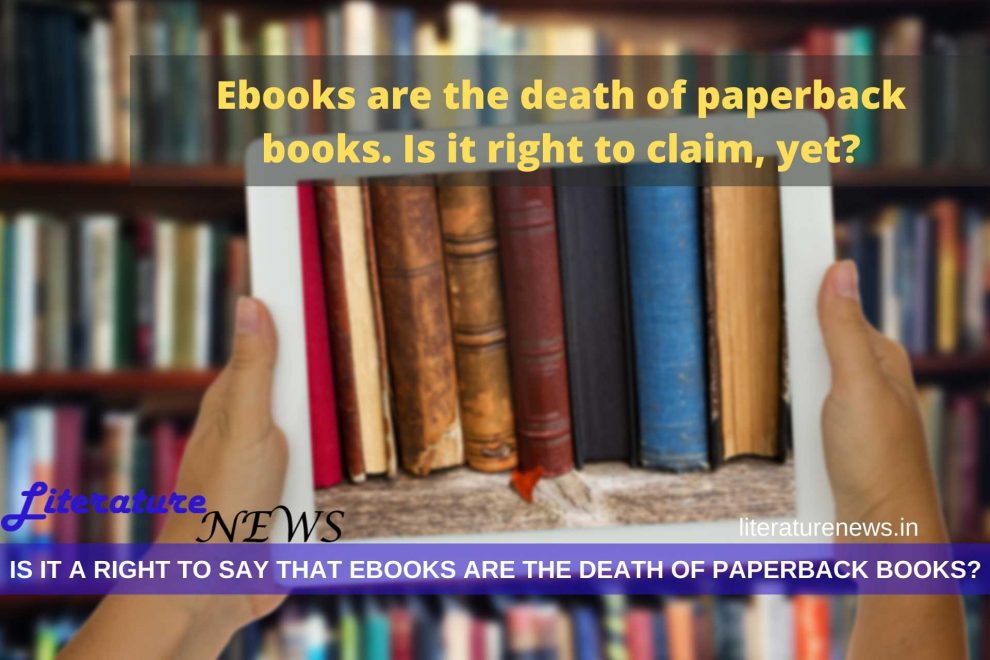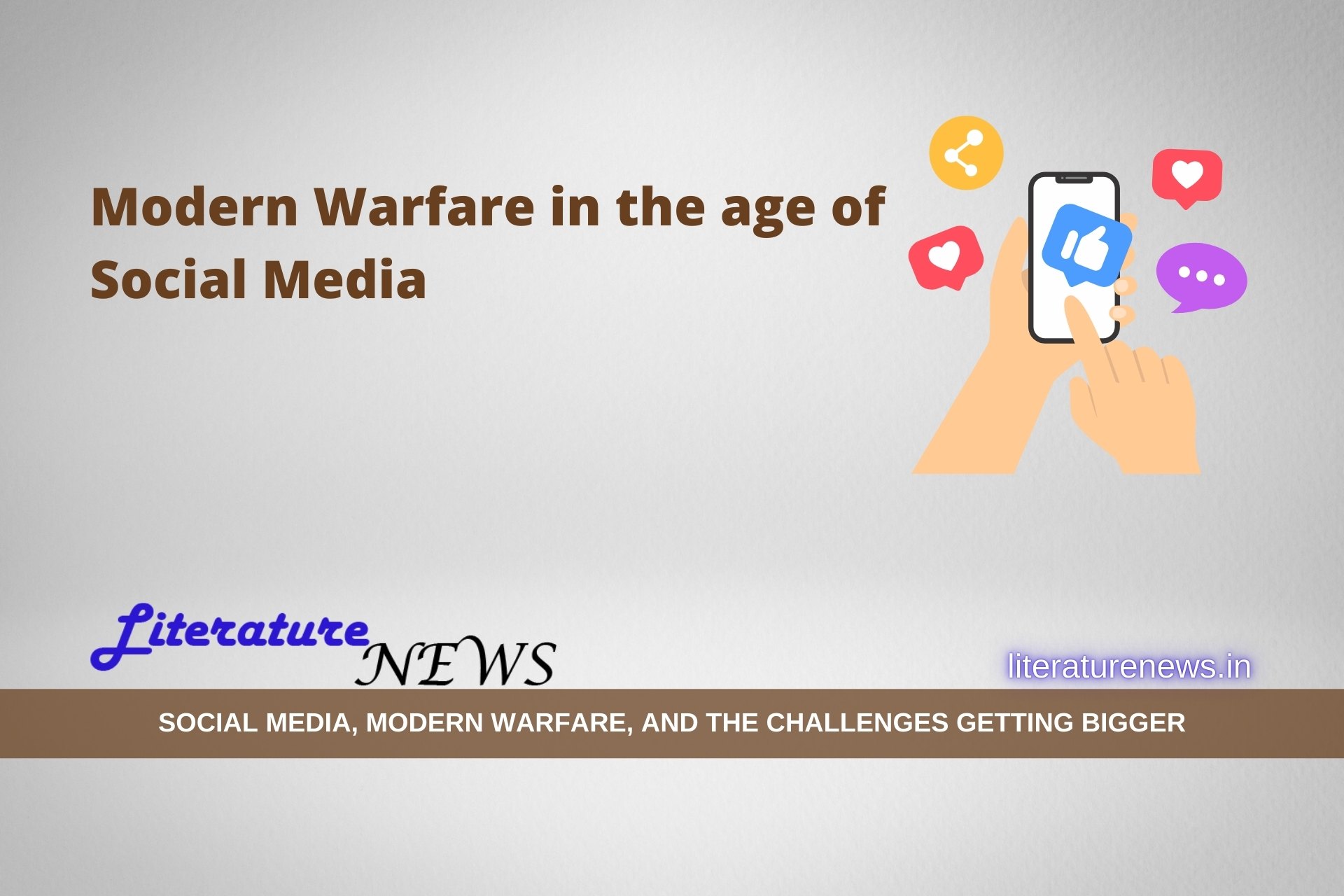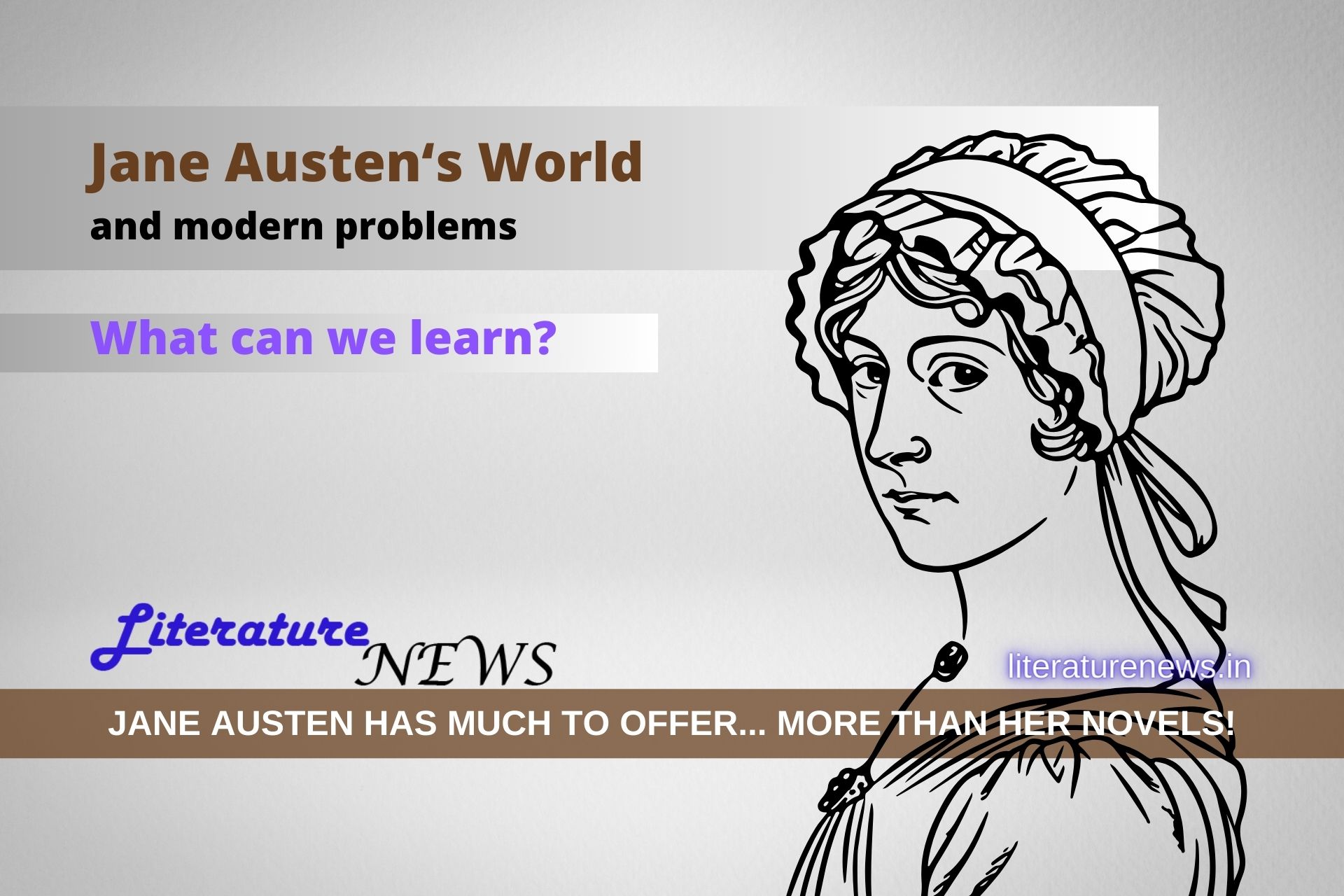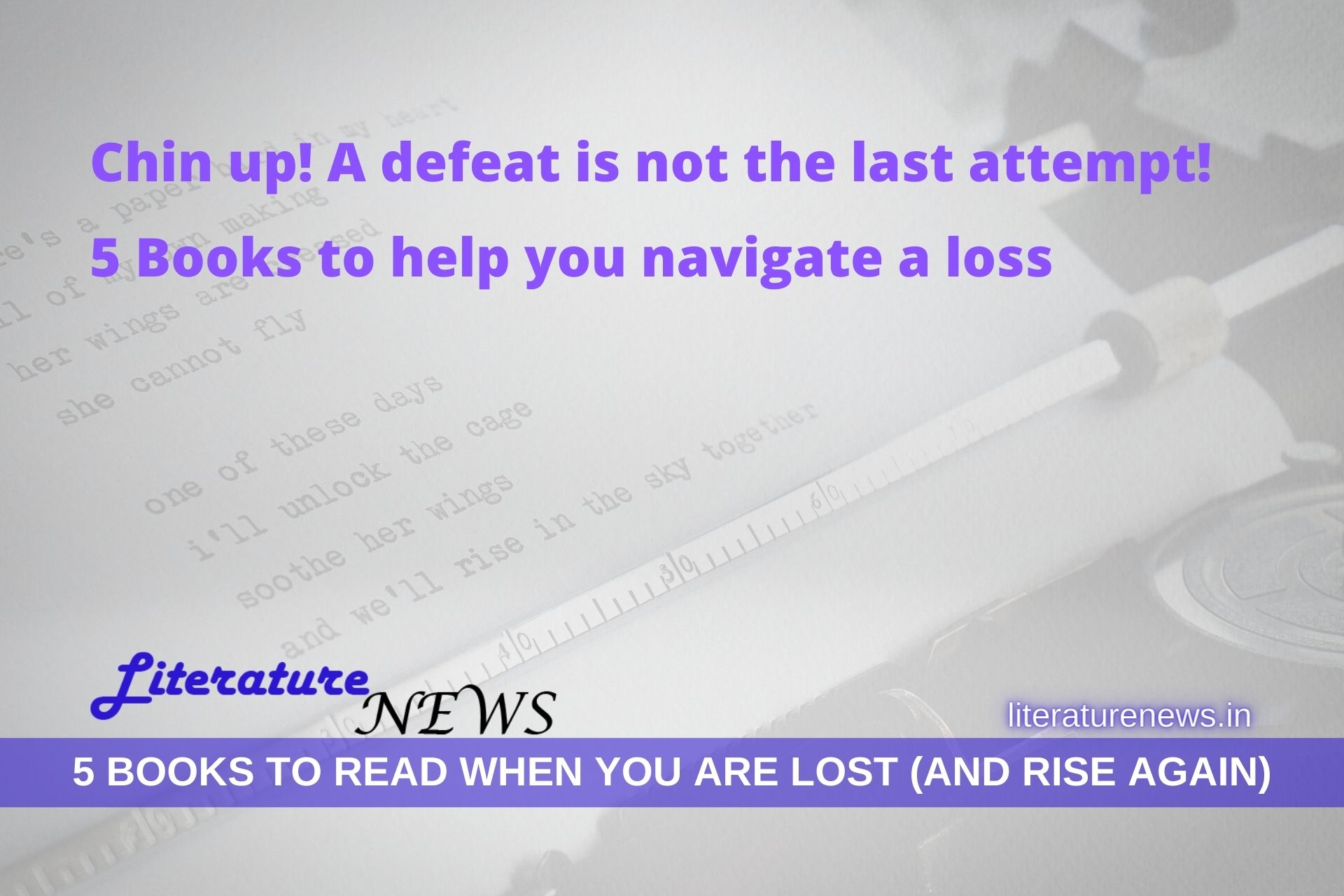Ebooks are the death of paperback books.
Well, the statement above may seem an exaggeration of a situation that no traditionalist would like to face. I love reading books. My friends love reading books. My father loves reading new titles every day. However, one thing that is common among us all is that we don’t read books on Kindle readers, mobile phones or our laptops. Though we are not entirely immune to these gadgets, the usage is almost rare. There are many other readers who concur with this habit. Nevertheless, there are also many readers who read books only on their digital devices. Today, in April 2020, going by the trends, I might say it with a conviction that the number of readers who read digitally is larger than the number of readers who read traditionally. Please note that I am only talking about non-academic readers. However, did we think 15 years ago that a day would come when ebooks will pose a threat of existence for the paperback books? Though the challenge to survive is tough, physical books are very much in the game and I will argue with a few points.
- Book markets are still alive: Wait. This is not the end. Coronavirus maybe a very new thing to surface. Otherwise, there are considerably large book markets around the world. And the book markets that are selling books, are only selling the paperback and hardback copies. Readers go and visit their markets and buy the books they love. So, the death of paperback books is still very far, if ‘not at all in sight’ seems a distant argument.
- Number of copies sold is still for paperback books: Yes, while you may wonder about this, this is the fact. A book is a bestseller or not depends on the number of copies sold and not on the numbers of ebooks sold. The ebooks number can only decide a book is a website specific bestseller or not. However, the total number of copies sold overall is for the books that are in the print version. And readers, is there a writer who doesn’t want to be a bestseller? So, ‘ebooks are the death of paperback books’ is still far-fetched.
- Technology penetration is not and will never be 100%: This is an important part. My father and my mother love reading books. However, because of their age and also because of their struggles with technology, they cannot read books in digital format. Kindle readers, mobile phones or laptops are not suitable for their reading surfaces and they still love reading the letters printed on white papers. And fortunately for paperback publishers, this is there to stay! Likewise, there are many young people also who don’t find themselves comfortable with the technology behind digital reading. They prefer physical books. Therefore, as long as readers without technical know-how are there, paperback books are going to be there. This is, however, based on the hypothesis that everyone how knows technology reads ebooks. Which is, in turn, a very naive idea!
- Academic studies cannot be based on ebooks: And it is a truth that we all have to accept. The doctors or those who are concerned about the health and well-being of their loved ones can never allow a person to read continuously on digital devices. Even a school cannot allow its students to only read on digital devices. This is a health hazard. Reading for pleasure is a different thing and browsing one’s favourite book for 30 minutes is fine. However, a university student, studying English Literature or any other subject, dependent on ebooks for his postgraduation degree or a child depending on ebooks for his fourth standard cannot be an ideal scenario to imagine. So, at least, in academics, ebooks are the death of paperback books is a too far-fetched idea.
- There will always be bookworms: Are you also a reader who loves to sit in your library and casually have a look at the books you love? I am a reader of that kind who loves to own a big library and collect rare books. I have a library where I have over 2000 titles and about 10% of those books are rare editions. Can we do this in our Kindle reader or any other reading device? I guess no! So, as long as book lovers live, nothing can replace the paperback books from the desk, the bookshelves and the backpacks… Sitting and discussing Shakespeare with my friends with a huge collection of books in the background will always be a coveted scene compared to chatting with friends online on Skype or anything else and having a Kindle reader somewhere lying with a single book cover flashing on its dim light. Take it as it is! The paperback will never die. NEVER!
With the reasons mentioned above and many more that you and I know, this notion that ebooks are the death of paperback books is wrong, misplaced and unnecessary. While we enjoy paperback books a lot, ebooks have their use as well. Nevertheless, they cannot replace paperback books. If it was so, the mass paperback titles that sell over a million copies every year could not be published with so much success. Likewise, on every title published by the bestselling authors, you can easily see the banners like ‘5 million copies in print’. What do these signs mean?
The reason behind these notions is the platforms who think they can replace paperback books and completely monopolise the publishing business with their publish-a-book-online campaigns. Paperbacks are still alive and that’s why are seeing the rise in the number of self-publishing companies every year. We see a considerable rise in the number of self-published authors every year. We see reprints of classics. We see the publication of over a thousand new books every month in India only… These are the reassuring and relieving signs that we are not yet to lose the format we love to read! So, if anyone asks you again about this ill-conceived idea, do reply to them with an attitude! And at last, do remember, you cannot put your fancy silver bookmark inside the page of an ebook; you are going to need a luxurious paperback book to have that luxury!
For Literature News, by Alok Mishra






Add Comment